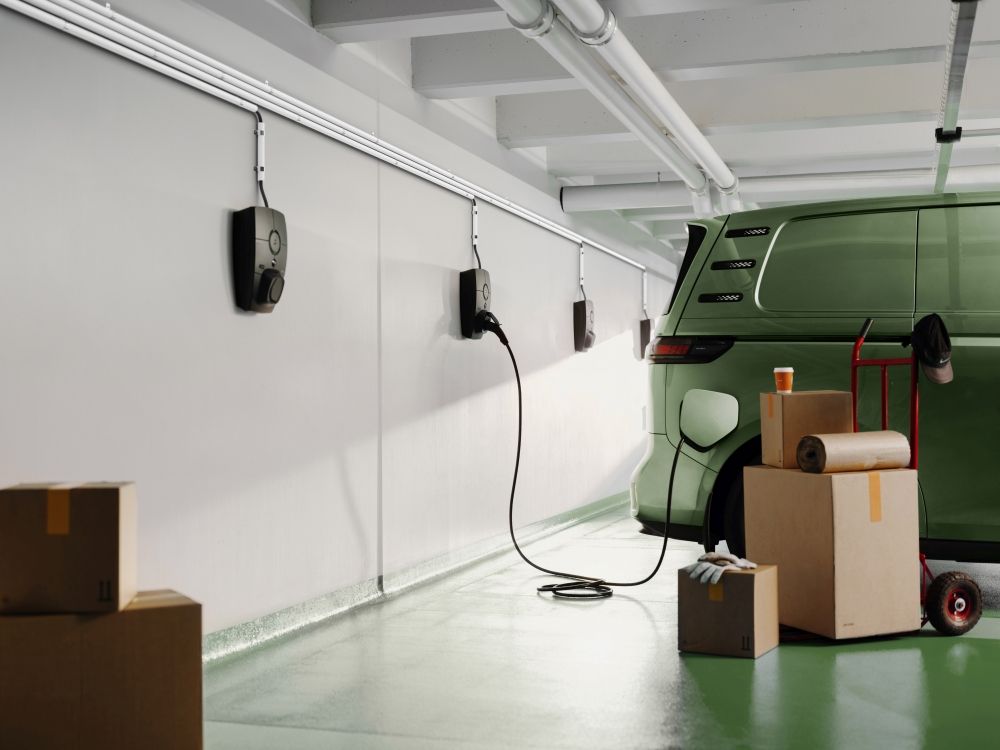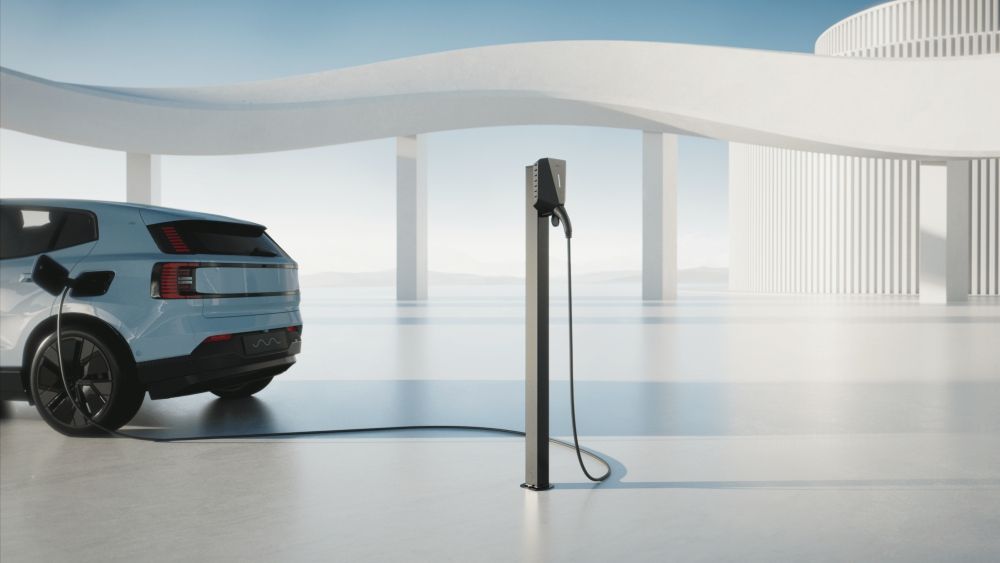New Freedom of Information (FOI) data has revealed disparity in the uptake of electric vehicles (EVs) across local authority fleets in the UK’s major cities.
The figures, obtained by fleet management firm Geotab through FOI requests to seven city councils and Transport for London (TfL), show Bristol topping the table with EVs making up 44.5% of its fleet.
Liverpool followed closely at 43.3%, while Leeds ranked third at 27.8%. At the other end of the scale, TfL reported that just 3.2% of its heavy goods vehicles and vans are electric.
City-by-city snapshot of EV share in fleets:
- Bristol: 44.5%
- Liverpool: 43.3%
- Leeds: 27.8%
- Manchester: 26.8%
- Glasgow: 25.8%
- Nottingham: 26.7%
- Edinburgh: 22.6%
- TfL (London): 3.2%
The data also revealed fuel-cell electric vehicles are absent across all fleets, while plug-in hybrids make up less than 1% of the total.
Hybrid-electric vehicles (HEVs) are more common, with Liverpool reporting the highest proportion (29.5%), followed by Bristol (20%).
Geotab’s analysis suggests while some local authorities are embracing electrification ahead of the UK’s 2030 ban on new petrol and diesel vans, others are moving more slowly – risking a divide in progress.
In addition, the data revealed that large fleet adoption is more than simply swapping diesel for EVs, with telematics, route optimisation, predictive maintenance, and managing charging all critical to success.
Geotab said that even partial electrification delivers significant gains, and using real-time data to identify which routes and vehicles to electrify first, cities can cut emissions, improve air quality, and reduce operating costs.
Aaron Jarvis, Associate Vice President for Geotab EMEA said:
“Electrifying fleets at scale can be a difficult challenge, especially for city councils that will need to ensure they have the necessary charging infrastructure in place to support these vehicles. Progress across the board is uneven, and many fleets will risk falling short of the targets needed to decarbonise urban city transport.
“That said, it’s positive to see some of the early movers in the UK setting the benchmark for what’s possible as we make the transition to net zero. We’re seeing more fleets adopt data-driven fleet management, which is an encouraging sign that operators are placing high priority on the transition to net zero. Tools like fleet telematics can make the difference in optimising route planning, performance monitoring and cutting unnecessary emissions from practices like idling.
“The key isn’t aiming for 100% EV overnight, but taking pragmatic, data-driven steps: identifying which vehicles to electrify first, optimising routes and reducing unnecessary emissions. Combining these insights with a clear commitment to electrification will allow councils to make faster, smarter progress, while supporting the last-mile transition in dense urban areas”.
Image from Shutterstock












